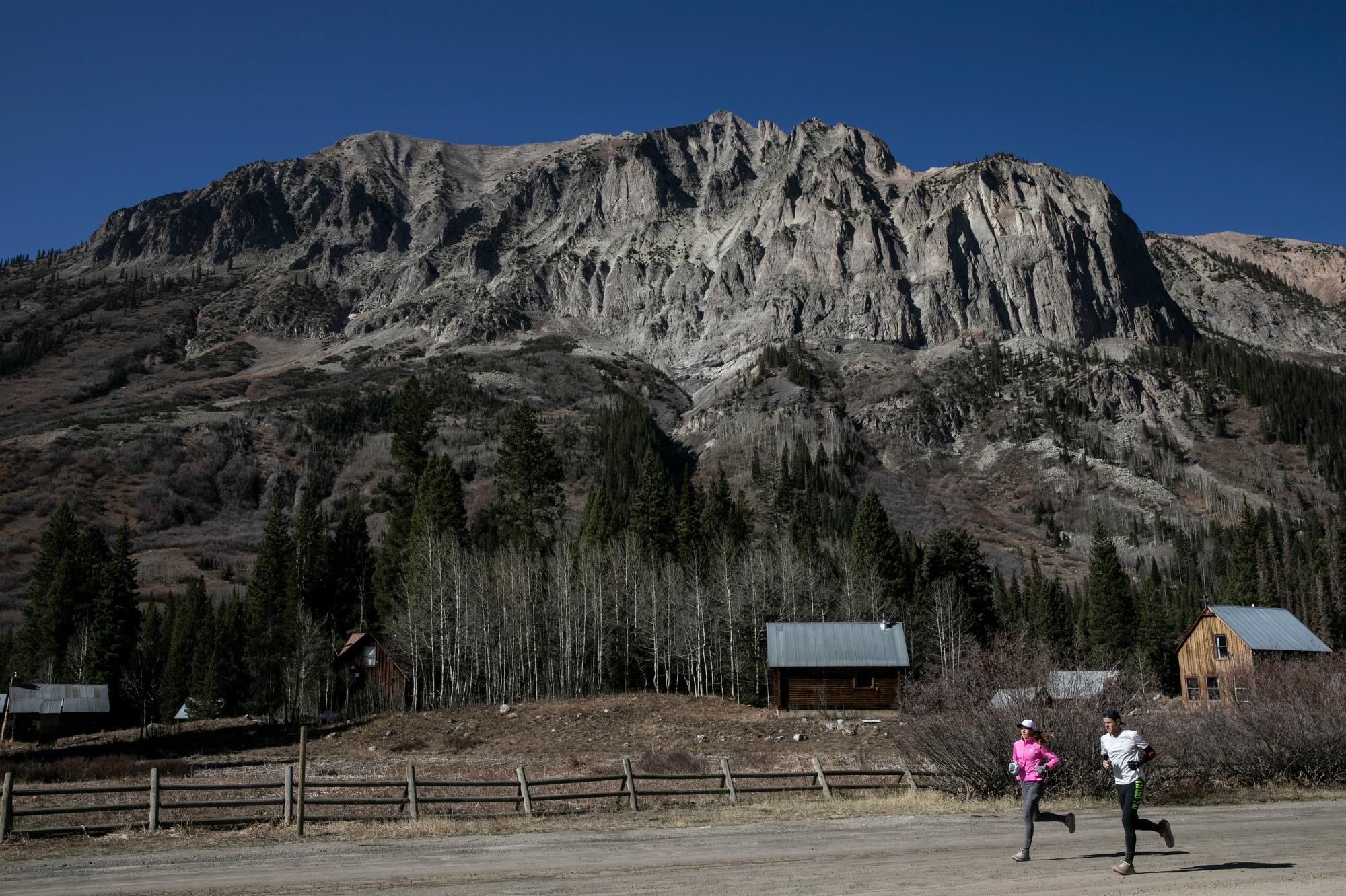
After days of uncertainty and delayed counting, Joe Biden was elected the 46th president of the United States on Saturday — a historic vote that will likely have profound effects on federal environment and energy policy, and the country’s response and adaptation to the hazards of climate change.
Attorneys representing President Donald Trump’s campaign have filed multiple lawsuits challenging results, but Biden appears to have enough electoral votes to take the White House in January 2021.
In Colorado, voters broke 55.3 percent for Biden and 42.1 percent for Trump, preliminary data shows.
Throughout the campaign, Biden pledged to restore environmental regulations reversed or weakened during the Trump administration, including the Endangered Species Act and rollbacks of methane and mercury rules. Biden also talked up a more-progressive environmental agenda that would see the U.S. rejoin the Paris climate agreement, ban new oil and gas drilling on public lands and promote renewable energy.
Climate change is an increasingly critical motivating issue for a segment of the Colorado electorate. Recent polling finds that well over half of Coloradans think the U.S. government should do more than its doing now to address it.
Here’s a quick review of some key climate change and environmental outcomes from Colorado’s 2020 election.
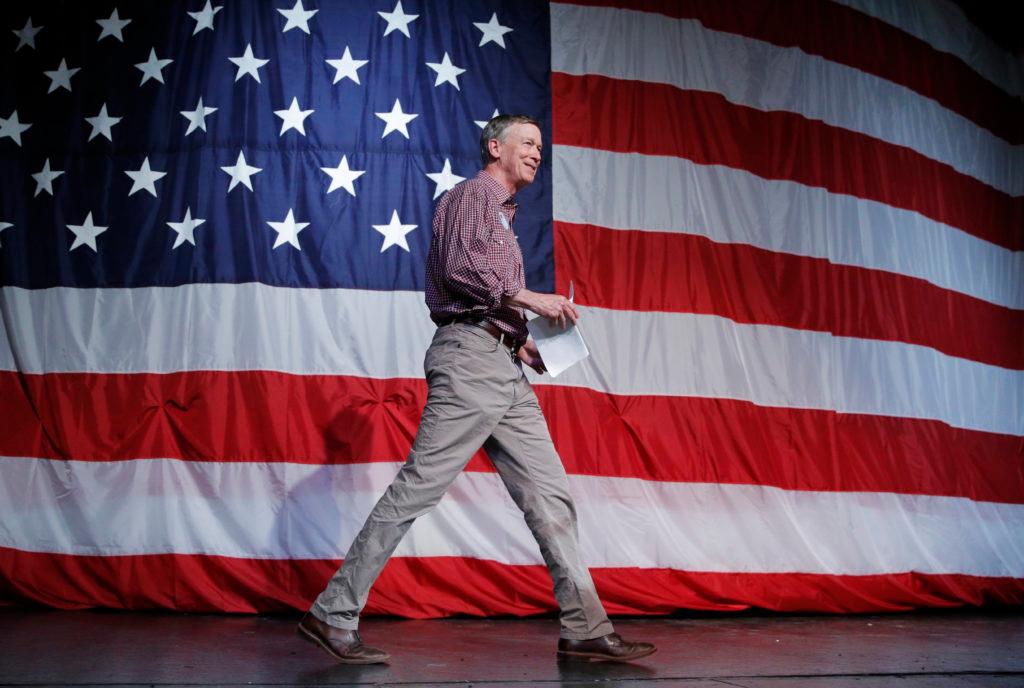
U.S. Senate
Winner: John Hickenlooper
Background: Colorado’s former two-term Democratic governor, John Hickenlooper, defeated Republican incumbent Cory Gardner in the race for the Senate by nearly 10 percentage points. Both candidates touted their environmental records, but only Hickenlooper highlighted climate change as a major platform issue, calling it “the defining challenge of our time.”
In his acceptance speech, Hickenlooper said that, “Regardless of which party ends up controlling the Senate, I want you to know that I will work with anyone and everyone to help Coloradans… to protect our planet, and address the nightmare of these endless wildfires by tackling climate change.”
If Biden wins the presidency, he would need support from both the House and the Senate to pass major pieces of his $2 trillion climate plan. Hickenlooper’s win is a pickup for Democrats, but it’s still unclear which party will gain or keep control of the Senate.
But Hickenlooper’s climate record doesn’t have some convinced that he’ll make the changes they think are needed to address global warming quickly enough. As his eye turned to national politics, Hickenlooper has tried to strike a tone about climate change that is urgent, but not overly prescriptive. He has repeatedly criticized aspects of the Green New Deal as too expensive and ambitious.
During his Senate campaign, incumbent Cory Gardner repeatedly accused Hickenlooper of supporting policies that would eliminate all oil, gas and coal jobs in the state.
Gardner has often refused to acknowledge human-caused climate change, and focused instead on his public lands and conservation record, including the passage of the Great American Outdoors Act. But conservationist saw Gardner’s record as problematic, for things like not stopping the Trump administration from rolling back clean air and water rules
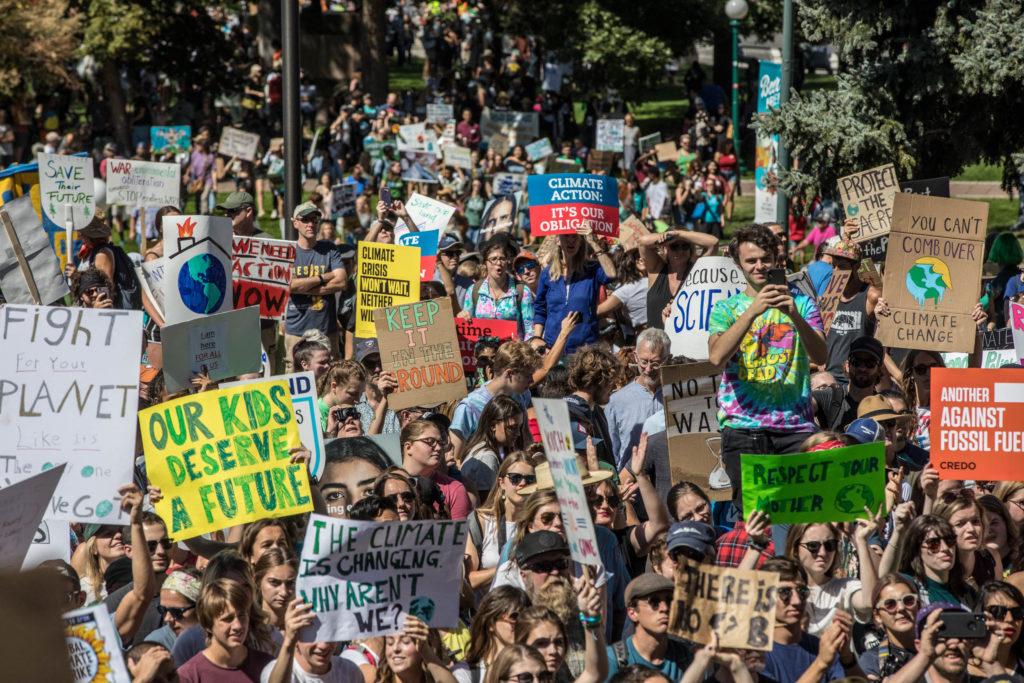
Denver Climate Tax
Result: Ballot Measure 2A passes
Background: Denverites signed off on 2A, a measure that increases sales and use taxes levied on most goods by .25 percent, according to unofficial election results. The proposal should generate about $36 million a year to fund programs to combat and adapt to climate change, including cleaner transportation, upgrades to infrastructure and improving the energy-efficiency of streets and local homes and buildings.
Other cities have adopted more direct taxes on carbon emissions, but the Denver climate tax is unique. Opponents worried about the disproportionate impact of hiking the sales tax, which many consider “regressive” because they’re paid equally by people with different income levels.

Wolf Reintroduction
Result: Proposition 114 passes
Background: Coloradoans approved Proposition 114, which clears a path for state wildlife authorities to bring wolves back to the Western Slope by 2024.
The Associated Press had not officially called a winner in the campaign by the time this story was published, but proponents of the measure declared victory, opponents conceded defeat and state wildlife officials expect the measure to pass.
Supporters said reintroducing wolves will positively affect other animals’ evolution and support biodiversity in an ecosystem that was long shaped by the predators.
Hunters and ranchers led the push against the measure, arguing wolves threatened wildlife and livestock, and would strain state resources.
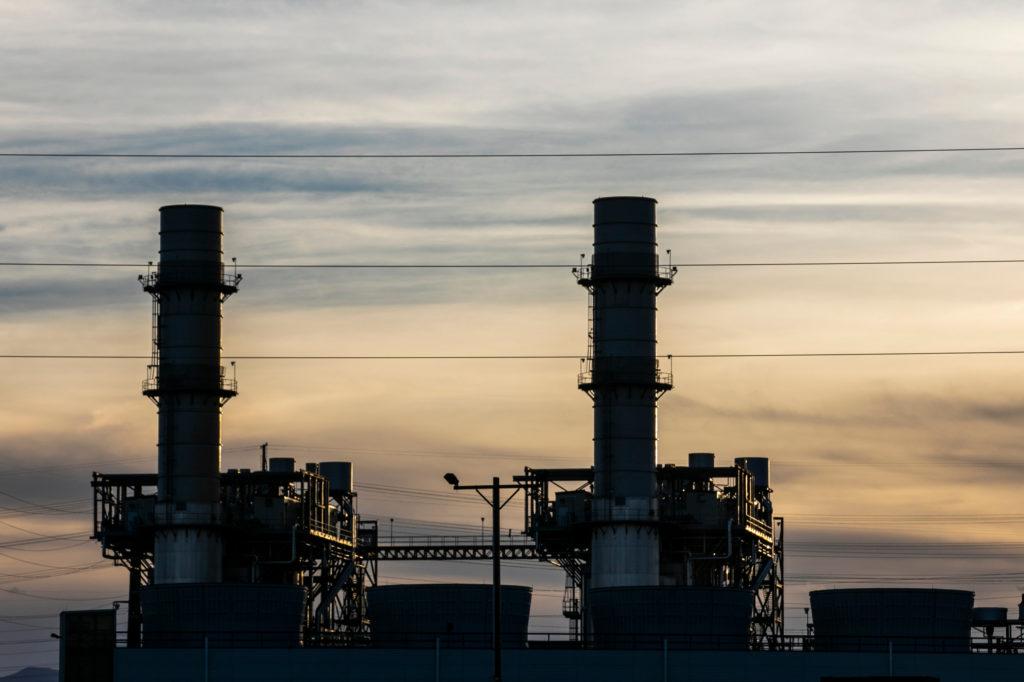
Boulder: 2C and 2D
Result: Ballot Measure 2C and 2D likely to pass
Background: Ten years ago, Boulder voters rejected a new franchise agreement with Xcel Energy and decided instead to pursue a city-run electric utility, which proponents said would give residents more control over the source of the county’s electricity and pollution that fuels climate change.
In approving 2C, Boulder voters agreed to pause the municipalization effort and re-enter a 20-year franchise arrangement with Xcel, part of a settlement agreement in which the utility said it will slash carbon emissions from Boulder operations at least 80 percent by 2030.
Boulder voters also appear to have voted to pass 2D, which extends a city utility tax originally enacted to pay for municipalization expenses. The measure repurposes the tax to fund to-be-determined green energy projects.
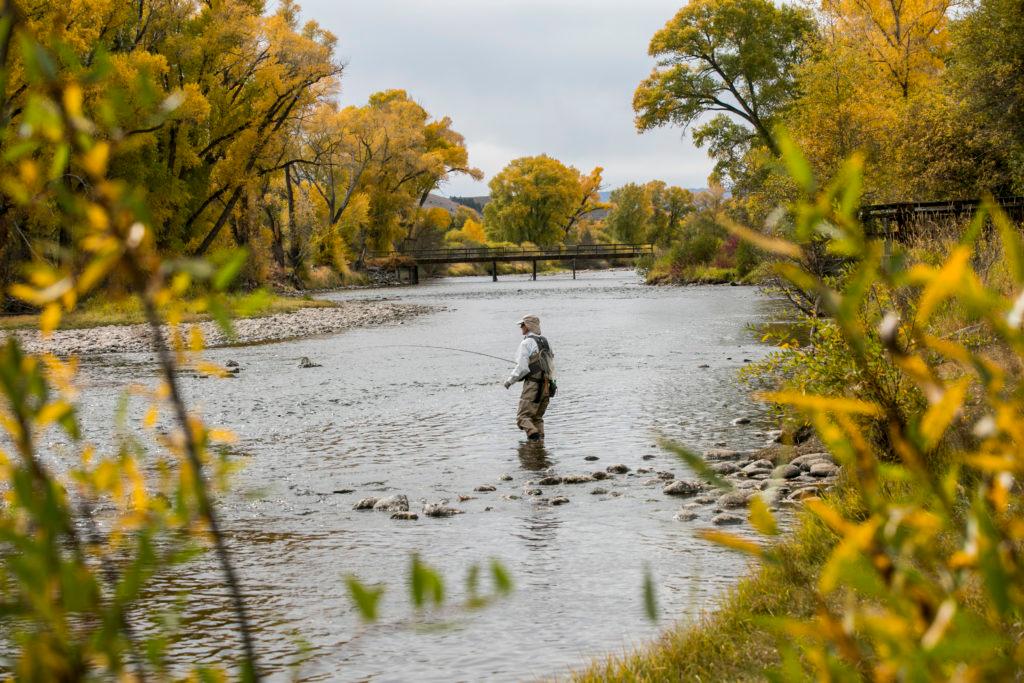
Colorado River Water Conservation District: Ballot Measure 7A
Result: Approved, according to preliminary count — 163,384 votes in favor; 61,689 opposed
Background: Western Slope voters approved a property tax increase to fund various projects designed to improve and secure water supplies for the 15-county Colorado River Water Conservation District, preliminary results show
Ballot Measure 7A will raise property taxes by a half-mill in 2021 and is expected to bring in $4.9 million, most of which will fund projects that improve the quality and availability of water throughout the Colorado River watershed, which is threatened by climate change.
Editor's note: This post has been update to reflect the latest election results data.









